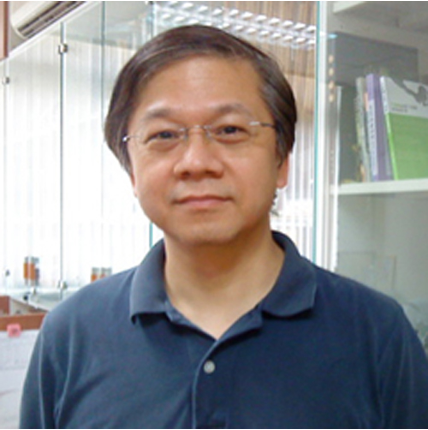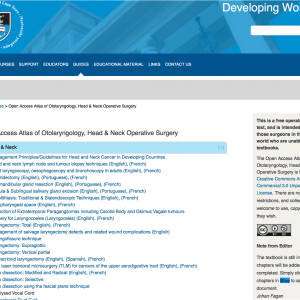Professor Wei-I Lee has been one of the foremost advocates of open education in Taiwan and a driving force behind its rapid development in the region. As a founder of the Taiwan Open Course Consortium (TOCC), his vision and passion have inspired many universities to join the movement and embrace openness in teaching and learning.
Professor Lee began promoting OpenCourseWare (OCW) in 2005 and launched NCTU OCW in 2007—the first OCW website in the global Chinese-speaking community to offer full-video courses. Under his leadership, National Chiao Tung University (NCTU) produced more than 200 OCWs, attracting over 350,000 users annually, and earned the OCWC Landmark Site Award in 2012. His efforts also extended regionally, connecting with Korean and Japanese OCW communities to host the Asia Regional OCW and OpenEd Conferences between 2009 and 2011, helping to establish OCW as a growing trend across Asia. From 2012 to 2014, he further contributed to the global open education community as a member of the Board of Directors of the Open Education Consortium (OEC).
In 2012, Professor Lee launched ewant (www.ewant.org), the first MOOC platform in Taiwan, which now brings together courses from more than 55 universities in Taiwan and China. Today, ewant is recognized as one of the most successful MOOC platforms in the Chinese-speaking world. As Director of the Higher Educational Resources for Openness (HERO) Research Center at NCTU, he continues to oversee its development and expansion.
Through initiatives like the General Education MOOC (GEM) program, launched in 2015 to share general education courses across 11 Taiwanese universities, ewant has reduced educational costs and broadened access for thousands of students. Earlier, in 2014, ewant partnered with Taiwan Open University to enable students to earn credits for online courses by passing proctored exams—a major step toward mainstream recognition of MOOCs in higher education.
Looking ahead, Professor Lee is spearheading the Sharing Education Taiwan (SET) program, envisioned to lead Taiwan’s open education movement into its next phase and ensure that open resources continue to transform higher education both locally and globally.



